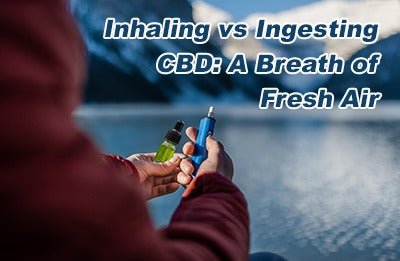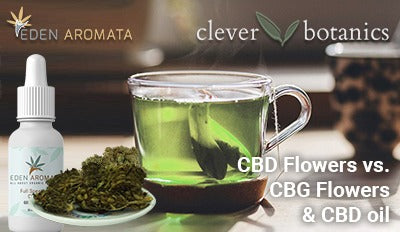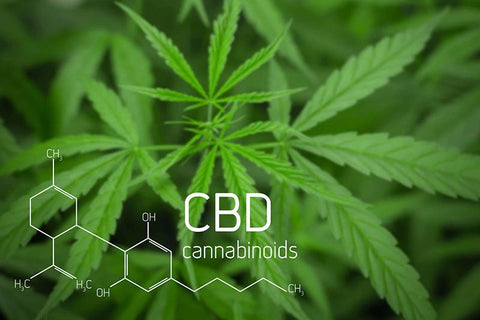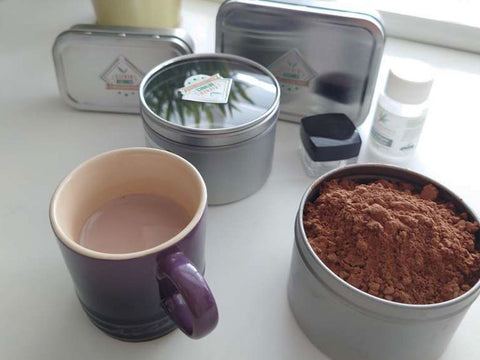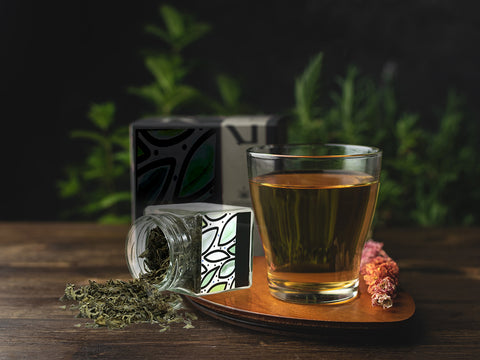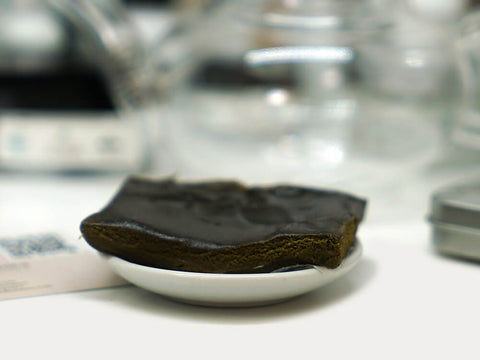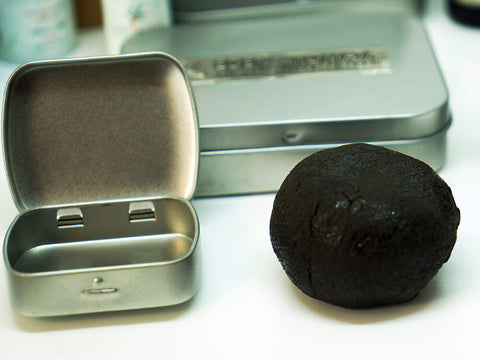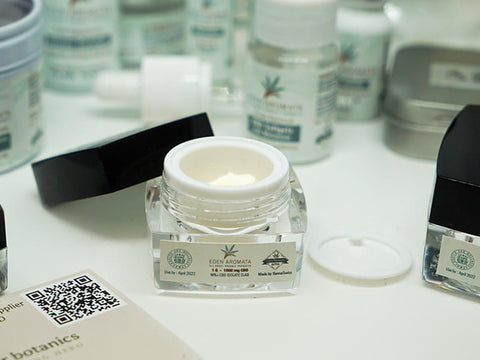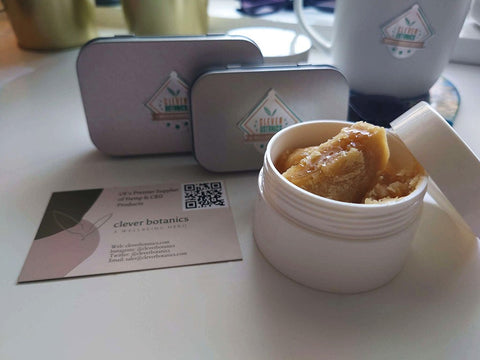Debunking Myths About CBD: Addressing common misconceptions and providing accurate information about CBD
Welcome to the world of CBD! As its popularity soars, so does the sea of misinformation surrounding it. Cannabidiol, commonly known as CBD, is often enveloped in myths and misconceptions that can deter individuals from understanding its true benefits and uses. In this blog, we aim to clear the fog by debunking the most common myths and spreading accurate knowledge about what CBD is, what it does, and why it might be the supplement you are looking for. Whether you’re a seasoned CBD user or just curious, get ready for a clearer picture of this fascinating compound.
Common Myths About CBD
Myth 1: CBD is illegal
One of the most pervasive misconceptions about CBD is that it is illegal. This myth stems primarily from its association with marijuana. However, legality depends largely on the source of the CBD. In the United States, CBD products derived from hemp (cannabis with less than 0.3% THC) are legal on a federal level, thanks to the 2018 Farm Bill. However, CBD products derived from marijuana are still illegal under federal law, though many states have laws permitting the use of marijuana and its derivatives, including CBD.
Myth 2: CBD gets you high
Another common misconception is that CBD can get you high. CBD (cannabidiol) is a non-psychoactive compound, which means it does not produce the high associated with THC (tetrahydrocannabinol), the main psychoactive ingredient in marijuana. While both substances are cannabinoids that interact with the body’s endocannabinoid system, their effects are vastly different. CBD is often used for its potential health benefits without leading to the cognitive impairment associated with THC.
Myth 3: CBD is only for medical use
Many people believe that CBD is used strictly for medical purposes, but this isn't the case. While CBD has gained attention for its potential to alleviate symptoms of various medical conditions such as anxiety, pain, and epilepsy, it is also used widely by people looking to improve their overall wellness. CBD is incorporated into a variety of products, including skincare items, dietary supplements, and beverage enhancers, aiming to provide benefits like improved sleep, reduced stress levels, and enhanced skin health.
Accurate Information About CBD
CBD vs. THC: Understanding the difference
Understanding the differences between CBD and THC is crucial for recognising their distinct effects on the body. Both are naturally occurring compounds found in cannabis plants, but they interact with the body’s endocannabinoid system differently. THC binds with the brain’s cannabinoid 1 (CB1) receptors, leading to the high or sense of euphoria that it is known for. Conversely, CBD does not bind directly with the CB1 receptor, and it may even interfere with the binding of THC, potentially diminishing its effects.
How CBD works in the body
CBD works primarily by influencing the body's endocannabinoid system (ECS), which helps maintain homeostasis. The ECS regulates various biological processes, including pain sensation, immune system responses, and mood. CBD can enhance the ECS by boosting the body’s production of natural cannabinoids, interacting with cannabinoid receptors, and slowing the breakdown of these endocannabinoids. This interaction contributes to the stabilisation of the body’s internal environment and promotes overall health and well-being.
Benefits of using CBD for wellness
The use of CBD is associated with various health benefits, leading many to incorporate it into their wellness routines. Here are some of the ways CBD can contribute to wellness:
- Stress Relief: CBD has been found to possibly reduce symptoms of stress and anxiety, making it a popular choice for mental relaxation.
- Pain Management: It may help alleviate chronic pain by reducing inflammation and interacting with neurotransmitters.
- Improved Sleep: CBD could help improve sleep patterns by moderating cortisol levels and reducing insomnia.
- Enhanced Skin Health: Its anti-inflammatory properties may benefit skin health, reducing occurrences of acne and eczema.
Overall, CBD offers a natural alternative for those seeking enhanced physical and mental well-being, highlighting its versatility beyond medical use alone.

Debunking Misconceptions About CBD Products
Different types of CBD products: oils, gummies, topicals
CBD products have surged in popularity, but confusion about the different types available persists. Here's a rundown to help clarify:
- CBD Oils: These are concentrated forms of CBD that can be taken sublingually (under the tongue) or added to foods and drinks. They're known for their purity and fast-acting effects.
- CBD Gummies: These are edible candies that contain CBD oil. They are favoured for their ease of use and precise dosing. Gummies also offer a discreet way to consume CBD and come in a variety of flavours.
- CBD Topicals: These are creams, balms, and lotions infused with CBD. They are applied directly to the skin and are popular for localised relief of pain or inflammation.
Each product type delivers CBD into the body in different ways, which can affect how quickly it works and how long the effects last. This variety allows users to choose the product that best meets their needs and lifestyle.
How to choose high-quality CBD products
Selecting high-quality CBD products is crucial for ensuring safety and effectiveness. Here are some tips to help you choose wisely:
- Check the source: The quality of CBD starts with the hemp from which it is extracted. Look for products made from hemp grown in environments that follow high agricultural standards.
- Read the label: High-quality CBD products should have detailed labels showing the exact amount of CBD per dose, a full list of ingredients, and the type of CBD used.
- Third-party testing: Reputable companies will have their CBD products tested by independent laboratories to verify purity and potency. Always check for a certificate of analysis (COA) from third-party tests.
- Extraction method: The method used to extract CBD oil from hemp affects its quality. CO2 extraction is one of the highest standards as it removes contaminants from the extract and preserves the purity of CBD.
CBD Dosage and Safety
Recommended CBD dosages for beginners
For beginners, the mantra with CBD dosage is to start low and go slow. As CBD effects can vary based on factors like body weight and metabolism, starting with a small dose allows you to observe how your body reacts:
- Smaller dosages: Starting with a daily dose of 5-10mg of CBD, and monitoring effects, is recommended.
- Gradual increase: If the initial dose doesn't meet your needs, incrementally increase the dose by 5-10mg per week until you find your effective dose.
Keeping a dosage journal can help track your progress and assist in finding the right dosage more efficiently.
Safety precautions and potential side effects
While CBD is generally well-tolerated, some people may experience side effects. Potential side effects include:
- Fatigue
- Changes in appetite
- Diarrhoea
- Dry mouth
To minimise risks:
- Consult your healthcare provider: Before starting any new supplement regimen, especially if you are taking other medications.
- Follow dosage guidelines: Avoiding excessive amounts of CBD can reduce the risk of side effects.
- Watch for reactions: Pay attention to any negative reactions after using CBD, particularly when trying a new product type.
Understanding these precautions can help ensure a safe and beneficial experience with CBD. Remember, accurate information and careful consideration of personal health are key to effectively utilising CBD for its therapeutic benefits.

Incorporating CBD Into Your Wellness Routine
CBD, or cannabidiol, has gained notable recognition for its potential health benefits, ranging from stress relief to pain management. Understanding how to incorporate CBD into your daily wellness routine can significantly enhance your quality of life. Here, we explore various effective methods to utilise CBD for promoting general well-being across different aspects of health.
Ways to use CBD for stress relief
Managing daily stress effectively is crucial for overall health, and CBD has been noted for its calming effects. Here are a few ways to incorporate CBD into your routine for stress relief:
- CBD Oil Tinctures: These are perfect for dosage control and can be taken directly under the tongue for quick absorption.
- CBD Capsules or Gummies: These are ideal for those who prefer a consistent, pre-measured dose and enjoy a more inconspicuous consumption method.
- CBD Infused Beverages: Adding CBD oil to your favourite herbal teas or smoothies can make for a relaxing drink to wind down a hectic day.
Regular use of CBD can help modulate the body's response to stress and promote a more peaceful state of mind.
CBD for sleep improvement
Many individuals turn to CBD to help enhance their sleep quality. It can be used in the following ways:
- CBD-infused pillowcases: These slowly release CBD as you sleep, helping to promote a restful night.
- CBD Capsules at Bedtime: Taking CBD capsules one hour before bedtime may improve sleep duration and quality.
- CBD Oil or Vapes: For immediate effects, inhaling CBD through vapes or adding oil to your nighttime skin routine could aid in quicker onset of sleep.
Utilising CBD as part of your nighttime routine can facilitate a deeper and more restorative sleep cycle, aiding in better performance throughout the day.
CBD for pain management
CBD is also commonly utilised for its anti-inflammatory properties, which can help in pain management, especially for chronic pain conditions. Effective methods include:
- Topical CBD Products: Such as creams and balms are applied directly to the skin over the painful area for targeted relief.
- Sublingual Oils: They can offer broader pain relief as CBD interacts with the body’s endocannabinoid system to decrease overall inflammation.
- Edibles or Capsules: These provide longer-lasting effects which are beneficial for managing chronic pain throughout the day.
Adapting these CBD application methods according to personal preferences and specific pain management needs can result in significant improvements in comfort and functionality.
In addressing the myriad myths surrounding CBD, it’s crucial to sift through misinformation to understand the true benefits and limitations of this compound. Thorough research and consultation with healthcare professionals can help demystify CBD’s role in wellness and medicine. As scientific exploration progresses, our understanding of CBD will become clearer, making it even more essential to stay informed and sceptical of unverified claims. Remember, educating oneself with accurate, fact-based information is the best path forward in navigating the world of CBD.


